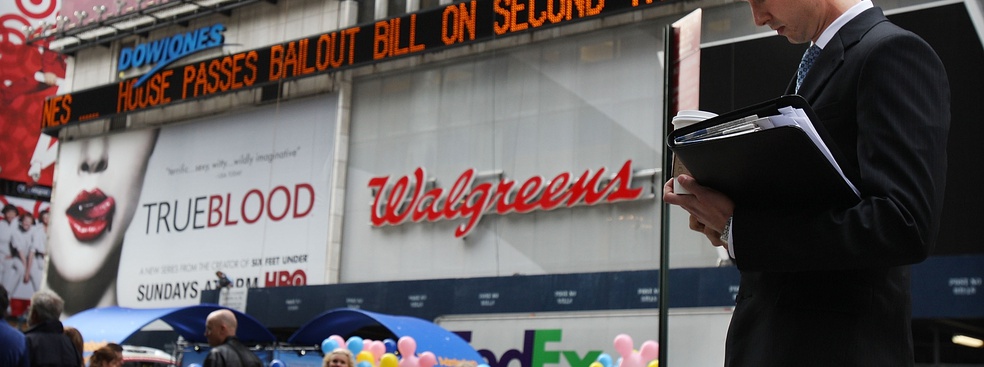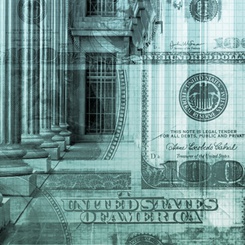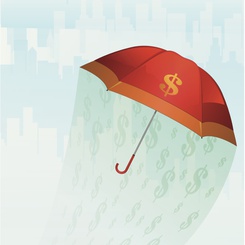The financial crisis of 2008 brutally reminded the world that the global economy was at the whim of the rise and fall of global finance. In the years that have followed, the debate has focused on a perceived failure of state and market regulation. And when we talk about avoiding future crises, we usually talk about upping regulation: according to Thomson Reuters, the number of regulatory changes recorded doubled between 2010 and 2013.
Most analysts concentrate on the creation of rules within a regulator vs. regulated dyad, taking for granted the financial system is merely the object of regulation. Too often, we have forgotten the duality between the private and public sphere: as the world tries to shape the financial system, is the financial system not also shaping the world?
In the years leading up to the crisis, private actors have played an increasingly important role in defining the international financial system, triggered in part by the successive waves of liberalization and securitization, and the growth of interbank markets during the 1980s. This shift in the public-private boundary mirrored a reduction of the State’s role and the emergence of a transnational non-governmental approach to finance that can be observed in the growing importance financial governance and associations. What has emerged today is a regulatory arena governed by the interactions, conflicts and cooperation’s between a multiplicity of actors, public and private.
Finance: The Discreet regulator argues that financial actors are themselves the authors of an institutional framework that fosters the creation and globalisation of markets. Public authorities and private actors jointly regulate the real world, this joint regulation being dominated by a multiplicity of financial actors. From big investments banks to financial controllers, from rating agencies to financial auditors: these are the key players at the heart of the regulatory process. In other words, private actors have become the “discreet regulators” of their own system, which explains in part why so little has really changed since 2008.
Finance as a ‘discreet regulator’ means that there is a continuous rebalancing of power between state and financial actors when it comes to the design, organization and regulation of markets and of society. Financial markets manage interdependencies strategically in order to work on the formulation and implementation of norms and standards they intend to impose on society. They have an extensive ability to move the frontiers between the public and the private sphere, to influence broader institutional changes while at the same time defining what they contend to be the public interest.
These regulators are ‘discreet’ because generally the heterogeneity and multiplicity of their types of status are not highly visible. While they do not actually hide, they do not seek to be out in the open; they are often to be found behind the scenes, in the shadow of the business world. Their visible, official power shows no dramatic increase but their ability to regulate markets discreetly in the background gives them unrivalled power.
Further Reading:
Finance: The Discreet Regulator – How Financial Activities Shape and Transform the World, by Chrystelle Richard and Isabelle Huault.









